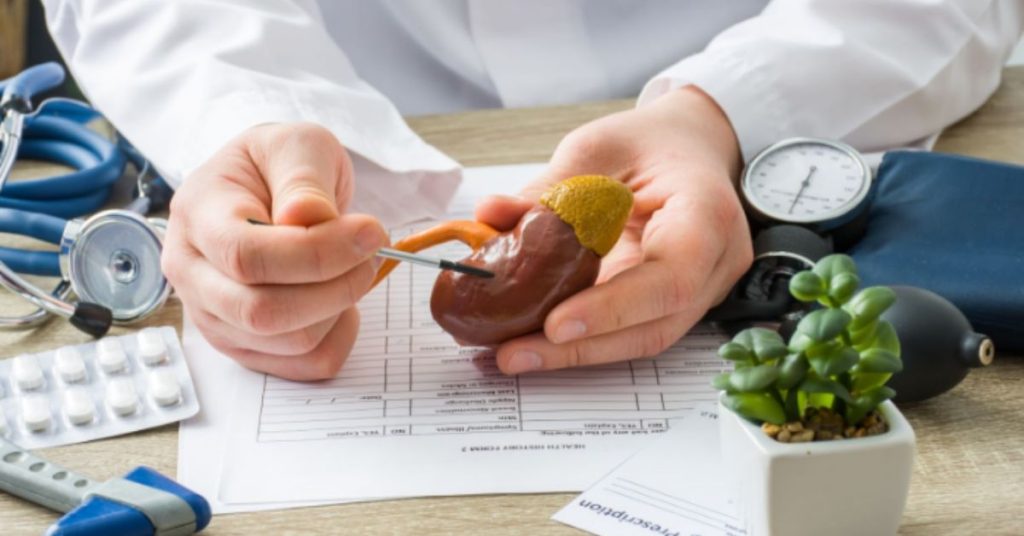What Causes Kidney Stones?

Kidney stones are a common issue for a number of Americans and people worldwide. In 2022 alone, it is estimated that more than half a million people will suffer from kidney stones. These patients often develop excruciating pain, with some calling it the worst pain of their life. However, the exact mechanism and makeup of kidney stones may vary. Therefore, it is important to understand the similarities and differences between the types of stones, so that in turn you can understand what causes kidney stones.
How would I know if I had a kidney stone?
Symptoms of kidney stones can vary, but commonly, patients present with severe pain in their lower back. This pain tends to come on rather quickly, however, in some patients, it may be more gradual. As this stone comes into contact with various parts of the urinary tract, it can cause microscopic scratches, which is why when providers collect an analysis of the urine, there may be evidence of blood in the urine. Providers may also order an X-ray, as certain stones may appear on this image. For stones that are not visible on X-ray, providers may order a CT scan.
What happens if I am diagnosed with a kidney stone?
Once a stone has been identified, there are a variety of treatment options based on what caused the kidney stone and the size. For example, stones commonly form when a patient is dehydrated. Therefore, the provider may instruct the patient to drink large amounts of fluid, which should help the stone to pass through the urine. Alternatively, there is a treatment option that involves using sound waves to break up the stone into smaller pieces. This will allow the patient to more easily pass the fragments of the stone. In rare occasions, providers will have to surgically remove the stone.
What kinds of stones are there?
The exact composition of the stones may vary; the most common form of stone is calcium phosphate, but other types of stones are struvite and uric acid. Typically, a stone forms when an excess of the mineral builds up in the kidneys. For example, patients who consume a large amount of calcium or purine (which is made into uric acid), may be at risk for kidney stone formation. Alternatively, a patient with kidney disease may not get rid of as much of these minerals as they should, thereby causing a stone to form. Regardless of the exact composition of the stone, patients’ symptoms of kidney stones tend to be relatively similar. Once the stone is passed, a provider may send it for analysis, to allow for a more targeted treatment and advise the patient on how to avoid potentially having another.
How does Cassena Kidney Care help?
As mentioned, patients with kidney disease tend to be at higher risk for the development of kidney stones. At Cassena Kidney Care, our team of dedicated physicians, nurses, and dieticians will not only treat you should you develop a kidney stone, but also advise you on lifestyle changes to make that will decrease the likelihood of stone formation. Schedule an appointment with our expert staff and physicians today.